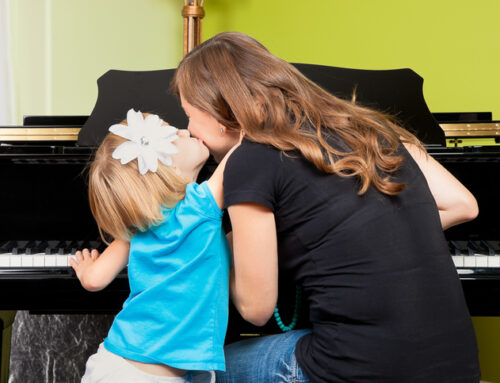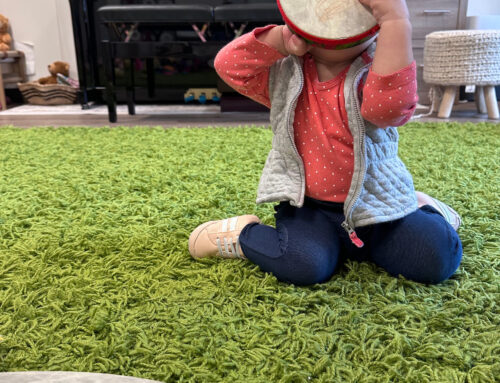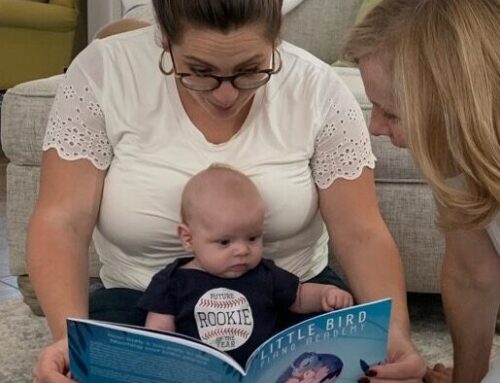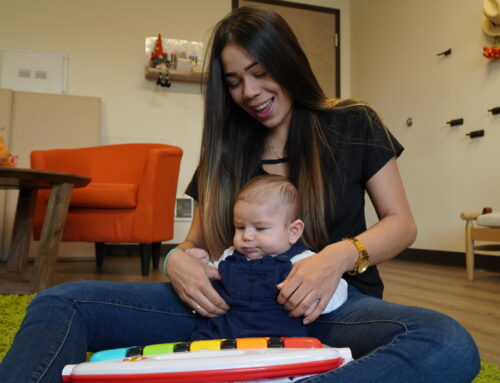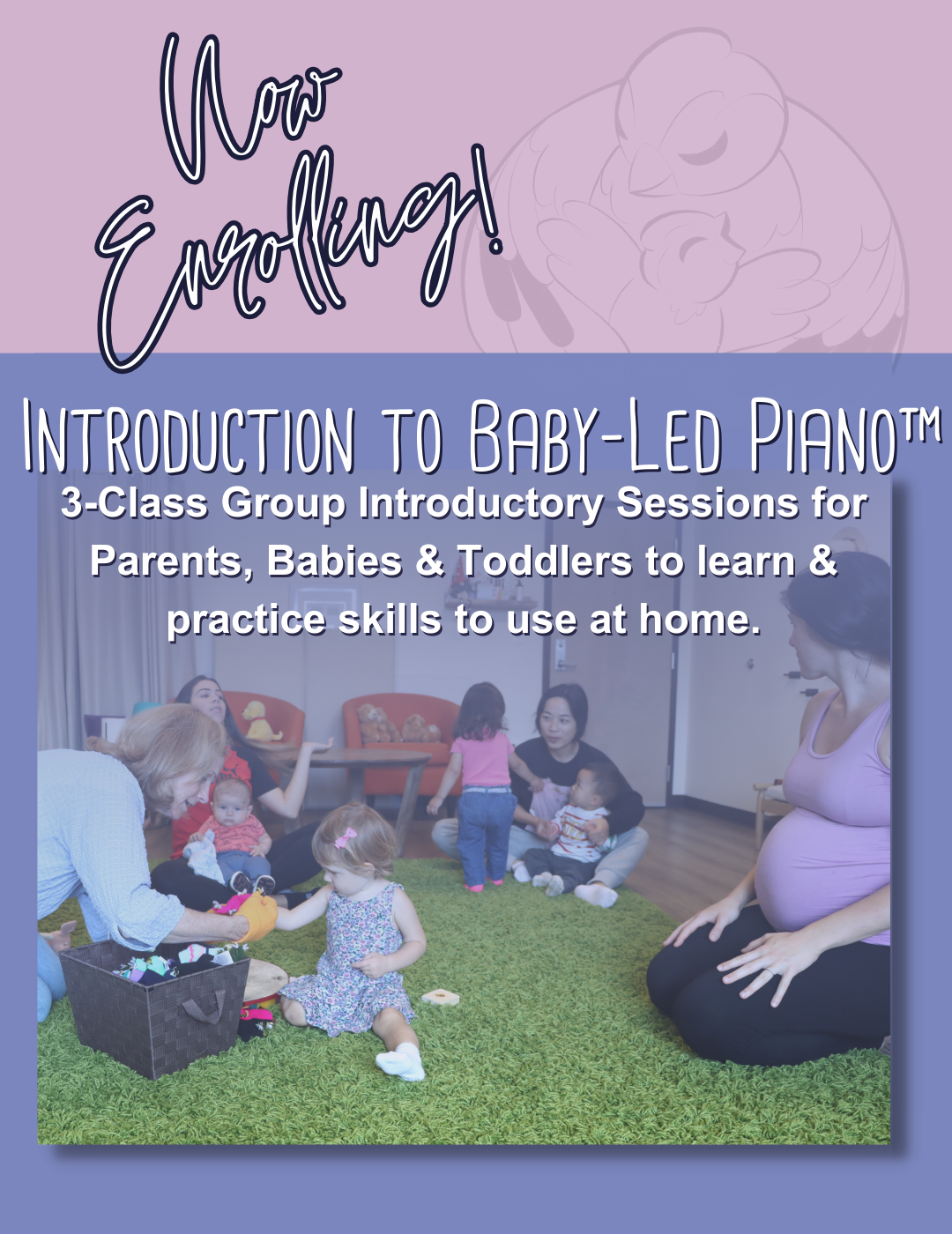n my work, I hear so many stories from parents. Here’s one that I think about often. This mom who brought her little girls to class told me that when she was about 8 years old, she performed in her first recital. She got to wear her beautiful, silky, fluffy, white dress. As she tried to get herself seated on the piano bench, up on the stage, with everyone watching, her silky dress became a waterfall and she slid right off the back of the bench and onto the floor. She was mortified. It was her worst nightmare. In front of EVERYONE. She never played again.
On the other hand, some people love to perform.
They feel at home on stage, with everyone watching. Some of their best music is created during a performance. Believe it or not, this is a real thing.
A lot, I might guess most, people do not enjoy performing in front of any kind of audience. Their palms start to sweat at the thought of being on a stage. They might get physically ill at the idea of performing for even a few people in a room.
There are plenty of musicians who want to share their music, but who struggle with nerves to the point of giving up on their dreams of ever doing it.
Then there are people you might think enjoy performing, but who, in spite of all kinds of fame and success, continue to struggle with performance anxiety.
Living my entire life around musicians, I’ve seen it all. And as a lifelong musician, I’ve experienced all of these emotions at one time or another.
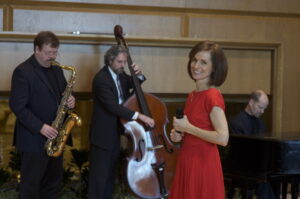
- Let your baby see you try, fail, try again, and have fun doing it.
- Let them experience making music just for fun, without being expected to perform for an audience.
- Let them hear you sing your heart out. ( I get it, you might have some performance anxiety too. But if you can get yourself to sing your heart out to your baby, who is totally not judging you, it’ll do your baby tons of good)
- Don’t be nervous about your kids’ progress. Don’t worry if they’re playing perfectly, and try your best not to nit-pick at their practicing. Playing is the most effective way for kids to learn. And “Playing” music needs to be fun and carefree.
-
Try not to comment on other performers. Your comments about other people will deeply affect how your child feels about their own worth.
-
Let their performances, when they do come along, be low-key. For little children, performing should only be about them having a fun time sharing music with their friends. And try to avoid silky white dresses 🙂


